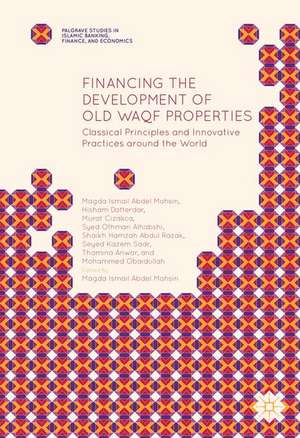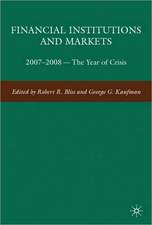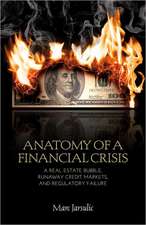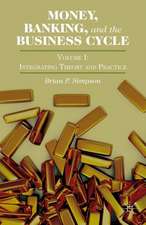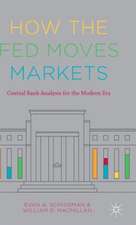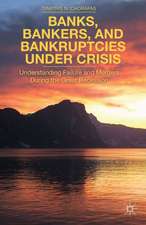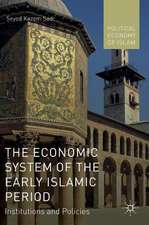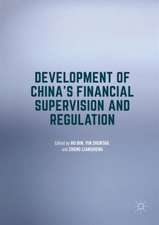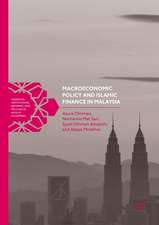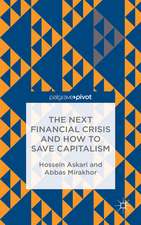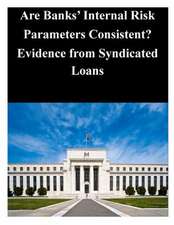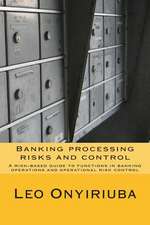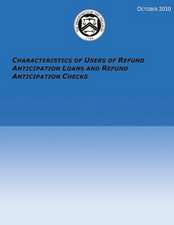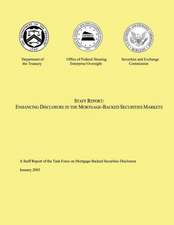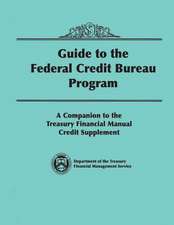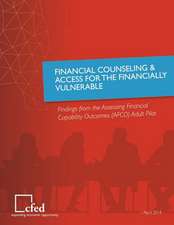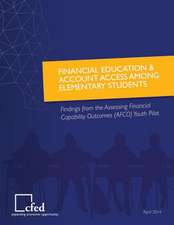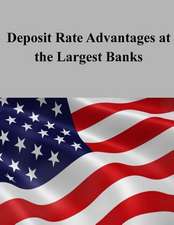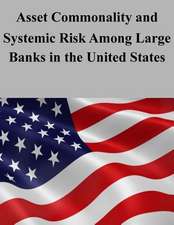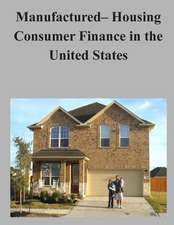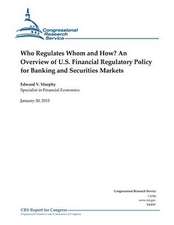Financing the Development of Old Waqf Properties: Classical Principles and Innovative Practices around the World: Palgrave Studies in Islamic Banking, Finance, and Economics
Autor Magda Ismail Abdel Mohsin, Hisham Dafterdar, Murat Cizakca, Syed Othman Alhabshi, Shaikh Hamzah Abdul Razak, Seyed Kazem Sadr, Thamina Anwar, Mohammed Obaidullahen Limba Engleză Hardback – 21 oct 2016
This book presents successful case studies in Muslim and Muslim minority countries that have revolutionized the redevelopment of idle waqf properties into productive land trusts. The revival of this institution over the last two decades shows the growing optimism in galvanizing the socioeconomic role of waqf by adopting its flexible shariah measures. Innovative ways of financing redevelopment allow Muslims to extend these roles to include new beneficiaries. New uses for these properties include providing services to the community, opening jobs for the majority of people, funding small entrepreneurs, educating the masses, providing health care, and sheltering the poor and needy. Countries under study include Sudan, Turkey, Malaysia, Indonesia, Singapore, New Zealand, Kuwait, Oman, Qatar, and Iran. Additionally, the book examines the International Development Bank's role in financing the development old waqf properties in different countries.
Din seria Palgrave Studies in Islamic Banking, Finance, and Economics
- 18%
 Preț: 774.52 lei
Preț: 774.52 lei - 15%
 Preț: 693.25 lei
Preț: 693.25 lei - 11%
 Preț: 641.75 lei
Preț: 641.75 lei -
 Preț: 388.72 lei
Preț: 388.72 lei - 15%
 Preț: 696.35 lei
Preț: 696.35 lei - 18%
 Preț: 786.18 lei
Preț: 786.18 lei - 15%
 Preț: 648.74 lei
Preț: 648.74 lei -
 Preț: 223.67 lei
Preț: 223.67 lei - 18%
 Preț: 895.89 lei
Preț: 895.89 lei - 18%
 Preț: 899.21 lei
Preț: 899.21 lei - 15%
 Preț: 636.94 lei
Preț: 636.94 lei - 15%
 Preț: 637.25 lei
Preț: 637.25 lei - 15%
 Preț: 641.38 lei
Preț: 641.38 lei - 15%
 Preț: 696.35 lei
Preț: 696.35 lei - 18%
 Preț: 788.22 lei
Preț: 788.22 lei - 15%
 Preț: 640.24 lei
Preț: 640.24 lei
Preț: 642.68 lei
Preț vechi: 756.09 lei
-15% Nou
Puncte Express: 964
Preț estimativ în valută:
122.99€ • 133.55$ • 103.31£
122.99€ • 133.55$ • 103.31£
Carte tipărită la comandă
Livrare economică 22 aprilie-06 mai
Preluare comenzi: 021 569.72.76
Specificații
ISBN-13: 9781137581273
ISBN-10: 1137581271
Pagini: 290
Ilustrații: XXVII, 267 p. 13 illus., 5 illus. in color.
Dimensiuni: 148 x 210 x 21 mm
Greutate: 0.48 kg
Ediția:1st ed. 2016
Editura: Palgrave Macmillan US
Colecția Palgrave Macmillan
Seria Palgrave Studies in Islamic Banking, Finance, and Economics
Locul publicării:New York, United States
ISBN-10: 1137581271
Pagini: 290
Ilustrații: XXVII, 267 p. 13 illus., 5 illus. in color.
Dimensiuni: 148 x 210 x 21 mm
Greutate: 0.48 kg
Ediția:1st ed. 2016
Editura: Palgrave Macmillan US
Colecția Palgrave Macmillan
Seria Palgrave Studies in Islamic Banking, Finance, and Economics
Locul publicării:New York, United States
Cuprins
1 Legal Framework of the Institution of Waqf.- 2 Development and Administration of the Instition of Waqf, Past and Present.- 3 The Role of Waqf in Modern Economic Development.- 4 Current Development of Waqf Properties in Selected Countries and their Socioeconomic Roles.- 5 Waqf Development: The Islamic Development Bank Experience.- 6 Modus Operendi and the Structures of both Classical and Innovative Modes of Finance.- 7 Conclusion.
Notă biografică
Magda Ismail Abdel Mohsin is Associate Professor of Islamic economics and finance at the International Centre for Education in Islamic Finance (INCEIF), Malaysia. She holds a doctorate in Islamic Civilization/Islamic Economics from the Institute of Islamic Thought and Civilization of the International Islamic University Malaysia.
Co-Researchers:
Hisham Dafterdar, Awaqf New Zealand and Canadian Islamic Trust Foundation;
Murat Cizakca, INCEIF, Malaysia / Luxembourg School of Finance, German;
Syed Othman Alhabshi, INCEIF, Malaysia;
Shaikh Hamzah Abdul Razak, INCEIF, Malaysia;
Seyed Kazem Sadr, INCEIF, Malaysia;
Thamina Anwar, University of KwaZulu-Natal, South Africa;
Mohammed Obaidullah, Islamic Development Bank, Saudi Arabia
Textul de pe ultima copertă
This book presents successful case studies in Muslim and Muslim minority countries that have revolutionized the redevelopment of idle waqf properties into productive land trusts. The revival of this institution over the last two decades shows the growing optimism in galvanizing the socioeconomic role of waqf by adopting its flexible shariah measures. Innovative ways of financing redevelopment allow Muslims to extend these roles to include new beneficiaries. New uses for these properties include providing services to the community, opening jobs for the majority of people, funding small entrepreneurs, educating the masses, providing health care, and sheltering the poor and needy. Countries under study include Sudan, Turkey, Malaysia, Indonesia, Singapore, New Zealand, Kuwait, Oman, Qatar, and Iran. Additionally, the book examines the International Development Bank's role in financing the development old waqf properties in different countries.
Caracteristici
Explores case studies of successfully redeveloped waqf properties Describes groundbreaking methods to finance redevelopment Discusses modern uses for old waqf properties
